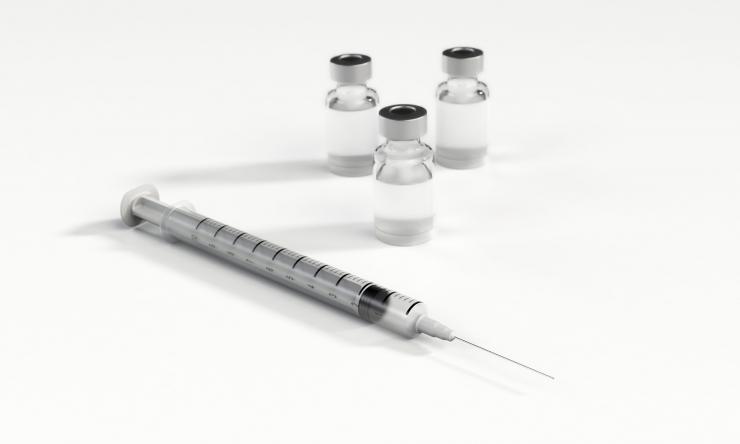COVID, flu and RSV: Know the vaccines for these three common respiratory viruses
Heading into the fall and winter months, we are likely to see an increase in illnesses from respiratory viruses such as SARS-CoV-2, which causes COVID, as well as influenza and respiratory syncytial (RSV). Dr. Pedro Piedra, professor of molecular virology and microbiology and pediatrics at Baylor College of Medicine, provides insight on how vaccines for these three common respiratory viruses can protect us and when to get vaccinated.
The newest COVID vaccine
In August, a new, updated COVID vaccine became available to target the strain KP.2. Like previous COVID vaccines, this one is recommended for people 6 months of age and older and will provide better protection against what is already circulating and what is expected to circulate in the coming months.
“We’re having a summer outbreak, and we can expect a winter outbreak as well. If you have not been vaccinated with the new COVID vaccine, I would suggest you do so. If you were vaccinated this summer with the prior COVID vaccine, I suggest waiting until later in the fall because we can expect the next wave of SARS-CoV-2 at the beginning of the new year,” Piedra said.
If you have recently had COVID infection, it is recommended to wait about three months before getting the newest vaccine.
Piedra adds that because SARS-CoV-2 mutates faster than the flu and each major outbreak so far has been associated with a different dominant lineage, in the future, we can anticipate a need for annual COVID vaccines in the fall and winter months.
Influenza vaccine
Flu season is likely to peak in February, and while there haven’t been many signs of the virus arriving early, Piedra says it can deceive us.
He suggests most people get the influenza vaccine in either September, October or early November, but some groups, such as children younger than 8 years old who have never been vaccinated and pregnant women in their third trimester, should get vaccinated now.
“Young children will need two doses of the vaccine, four weeks apart. For pregnant women in their third trimester, getting the influenza vaccine early can protect the mother and the infant through passive placental antibody transfer,” he said.
If a person has a breakthrough infection after receiving the influenza or COVID vaccine or has never been vaccinated, there are antiviral medications that are available. The antiviral medications are used for treating flu and COVID infections, but they need to be started early after illness onset.
RSV vaccine
For now, RSV activity is low, but Piedra expects it to pick up toward the end of September and peak around November and December. The vaccine recommendations for RSV are evolving this year because the virus is more stable – it doesn’t change as quickly as influenza or SARS-CoV-2.
“While the revaccination schedule of the RSV vaccine is still being developed, the vaccine that was good last year will likely provide protection this year and probably next year,” said Piedra. “People 75 years of age and older who have not received the RSV vaccine should be vaccinated.”
In addition, he explains that people who are 60 to 74 years old, fall into a high-risk group and have not been vaccinated for RSV, should get vaccinated. Also, pregnant women between 32 and 36 weeks of gestational age who haven’t received the RSV vaccine should get vaccinated to protect their newborn against severe RSV infection.











